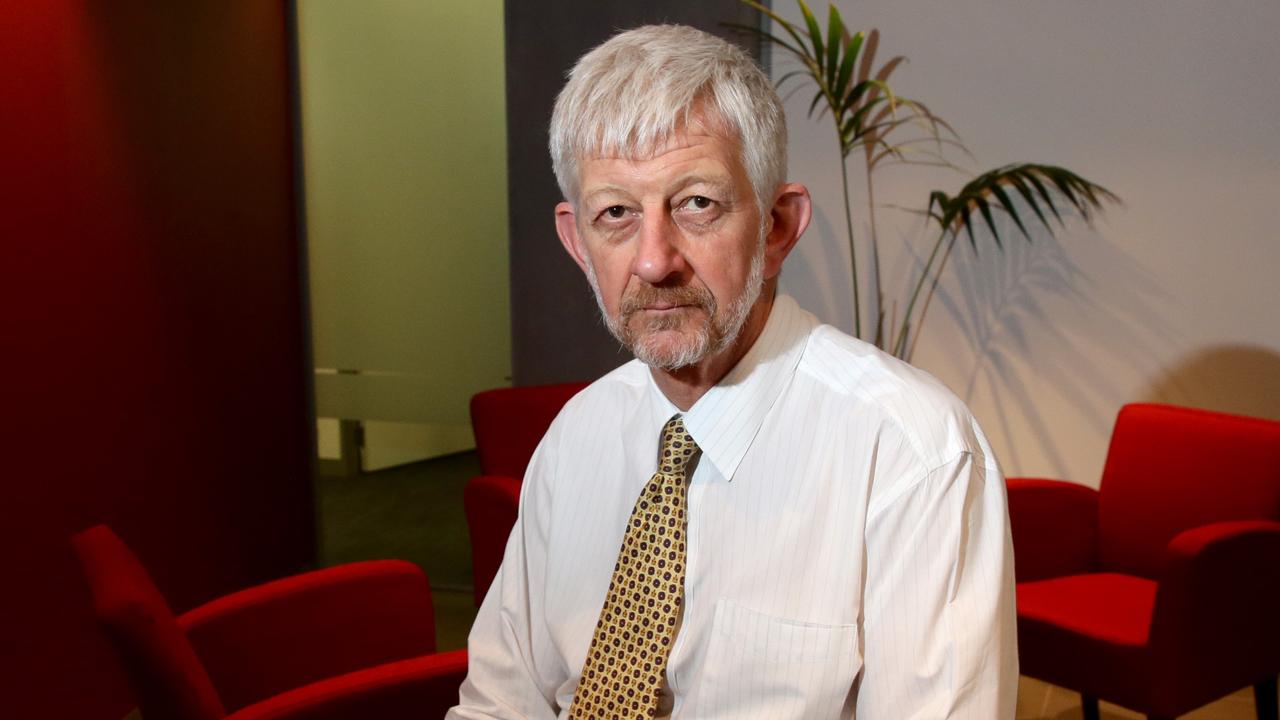International student caps would be ‘over-extensive in their reach’, says Law Council
Changes to legislation that would allow the Albanese government to cap international student enrolments are ‘over-extensive in their reach’, Australia’s peak legal body has warned.

Changes to legislation that would allow the Albanese government to cap international student enrolments are “over-extensive in their reach”, Australia’s peak legal body has warned, and could make it difficult for education providers to freely conduct their business.
The Law Council of Australia, in reviewing the proposed changes to the Education Services for Overseas Students Act, has also said it “may not be appropriate” for the government to automatically cancel or suspend courses for international students based on Australia’s current and future skills needs, when international students often undertake courses that are useful in their home country.
The Law Council has recommended the legislation be revised to allow providers to seek exemptions from caps to the number of international students in any particular course or group of courses.
The council joins a growing chorus of universities and peak bodies questioning the unprecedented powers that would be given to Labor Education Minister Jason Clare to control the flow of international students. This includes that the minister is required only to notify regulatory authorities about student caps, not consult them.
Universities Australia CEO Luke Sheehy said in a submission to the Senate committee dealing with the bill that the legislation had been “rushed” and the student caps were “designed to deal with a political issue around migration ahead of the federal election”.
Similarly, the International Education Association of Australia said in its submission the caps were a “politically blunt policy instrument to address the spurious narrative that international students are the principal cause of the current ‘rental crisis’”.
The Law Council in its submission said it was concerned the proposed provisions were “over-extensive in their reach in dictating a cap on enrolments and that this is likely to impede the ability of providers to meet market demands, to freely conduct its business, and to make appropriate commercial decisions”.
It recommended exemptions from caps to give providers “an opportunity to temper obligations under the act with market demands where there is a special need or where specific caps would place undue burden on the capacity of a provider to conduct its business”.
The Law Council also said it was concerned the automatic cancellation of courses could “stifle” the international student market due to the unavailability of particular courses and that the minister should provide guidance of classes of courses that may become subject to cancellation.
The Senate committee must finish its inquiry by August 15.



To join the conversation, please log in. Don't have an account? Register
Join the conversation, you are commenting as Logout